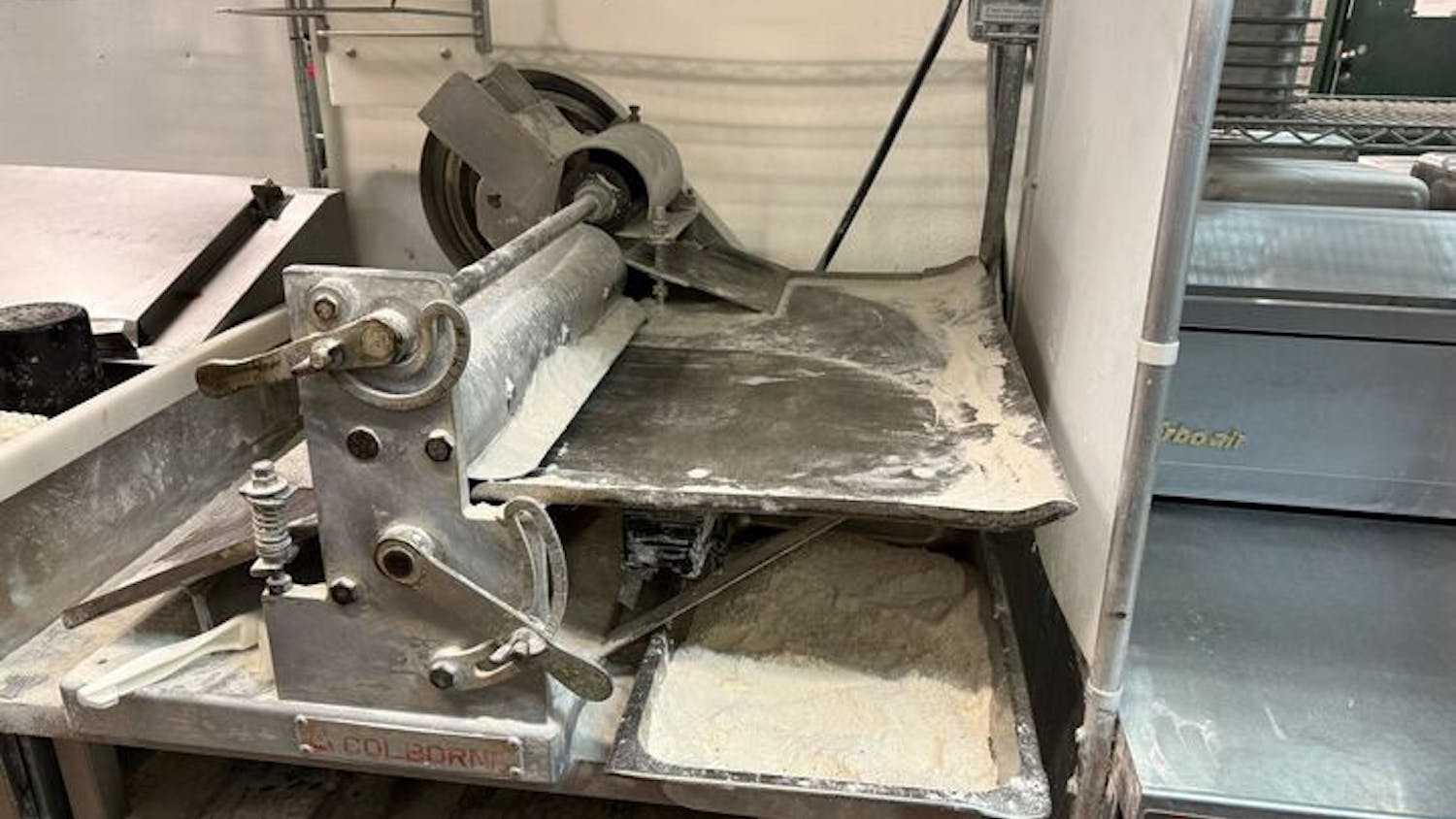The director of the Dane County Historical Society hosted an educational event Monday in Madison’s Sequoya Library detailing the area’s history of racial covenants — hidden clauses in housing deeds preventing non-white people from buying homes.
Thirty attendees gathered for Rick Bernstein’s “Unjust Deeds: History of Racial Covenants in Dane County and Beyond” exhibit, which began in February and has since toured around the area.
The exhibit features banners providing information on the history of racial covenants, as well as a presentation given monthly by Bernstein.
Bernstein said racial covenants were secret clauses added to housing deeds across the country during the Jim Crow era that prohibited non-white people from purchasing homes, particularly in the suburbs. Along with many other forms of Jim Crow-era segregation, Bernstein said they are still felt today.
“We have the same kind of racial geography that we did 100 years ago,” Bernstein told The Daily Cardinal, adding that racial covenants, while considered illegal under the 14th Amendment, forced Black Americans into urban areas, a pattern that is still present today.
Many homes in Dane County still have covenants on their deeds, including Bernstein’s, which he had removed soon after discovering. After the presentation, attendees had the opportunity to check their own homes for covenants and remove them on site.
The “Unjust Deeds” presentation is just one way Bernstein hopes to dismantle the barriers segregationist policies impose. He said another way communities can combat this is through “Map Twins.”
“You take a map, fold it in half, with one half being a white neighborhood, one half being a black neighborhood, and where your house falls, arrange a meeting with the house on the other side of the map,” Bernstein said, adding it's one way citizens can work towards eradicating structural racism in their community on a personal level.
“Unjust Deeds” is scheduled in five more libraries for the time being, with Bernstein hoping to schedule even more in the future.
“There’s people who aren’t told about this chapter in our history,” Bernstein said. “I wanted to help fill that gap.”






